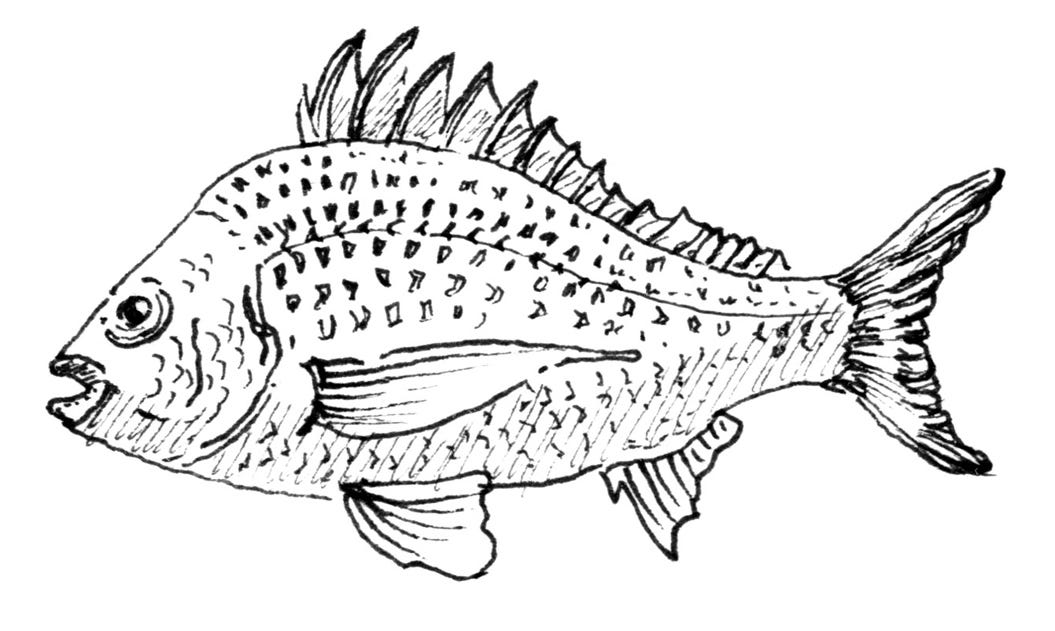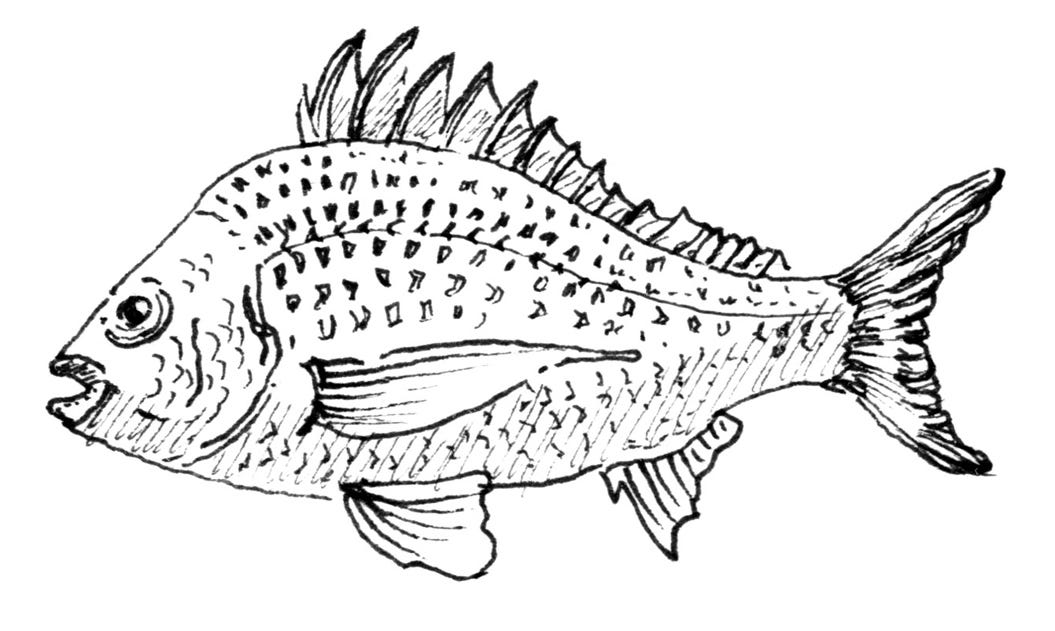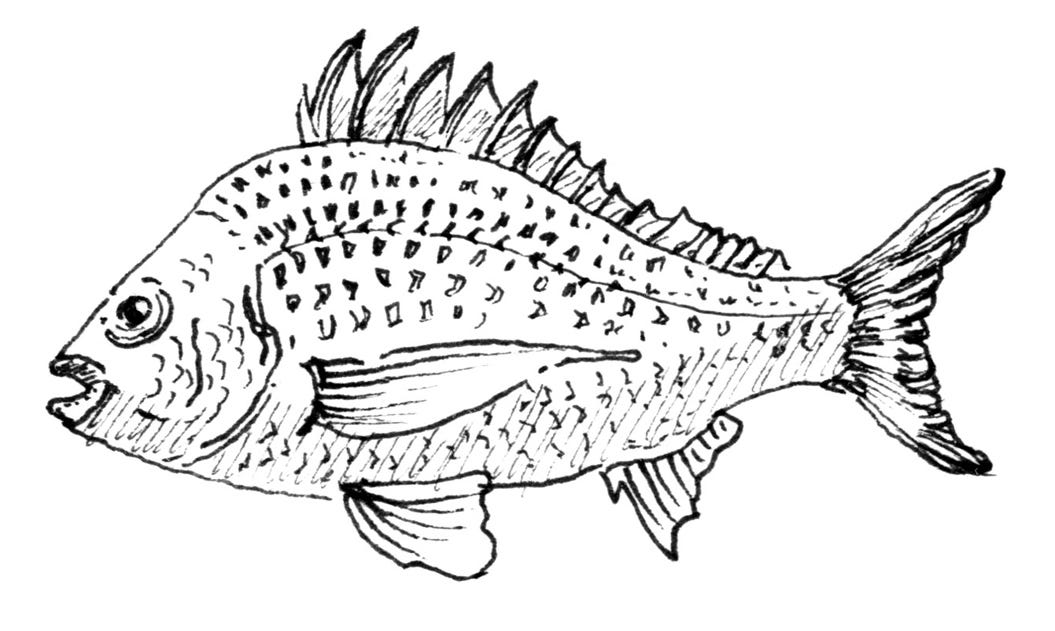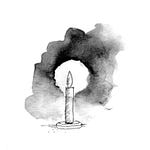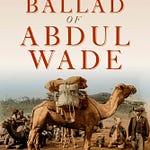Something a little different this week. Recently, I was invited to choose a song and write a guest post for What’s Curation? , a newsletter that helps you find new music that the algorithms will never show you.
The goal of What’s Curation? is “to say goodbye to curation algorithms.” Are the algorithms all that bad, I wondered? To find out, I decided to give Artificial Intelligence the chance to write the first paragraph of this post about the song Vincent by Don McLean. “Fine I guess, but not for me” is how I’d rate the result. This is what AI came up with:
Vincent, also known as Starry Starry Night, is a song that has touched the hearts of people all over the world for over four decades. Written by Don McLean as a tribute to Vincent van Gogh, the song has become an anthem for art lovers, dreamers, and anyone who has ever struggled with the complexities of life. With its powerful lyrics and haunting melody, Vincent captures the beauty and tragedy of van Gogh's life and art in a way that has resonated with generations of listeners. In this post, we will delve deeper into the story behind the song and the impact it has had on music and culture.
I would have started with an anecdote about when I first heard Vincent. I would have started by telling you I was driving south from Sydney, coming into Wollongong, where the road is a three-laned steep descent through thick forest.
It was raining hard. The ocean stretched unseen into the east but when I looked left all I could see were the lugs on the wheels of the B Double that kept swaying into my lane. And then those opening lyrics came drifting out of the radio, soothing and velvety, disguising an emotional gut punch.
Starry, starry night
Paint your palette blue and gray
Look out on a summer's day
With eyes that know the darkness in my soul
My ear was attuned to every word, the stilted delivery, the unusual rhyming pattern. And as I listened something inside of me cracked. I made that descent wiping away tears, trying not to go under the wheels of the B Double, and the rain just kept coming down.
There is something special about discovering a song that is fifty years old. It somehow seems more intimate, more of a personal discovery than coming across it upon release, enjoying its first flush of mass adoration. An old song encountered for the first time always makes me feel as if there is a reason behind the randomness.
For thirty years Bruce Springsteen’s classic Dancing in the Dark was playing in the background of my life: belting out of pub jukeboxes, car radios and movie soundtracks.
I ain't gettin' nowhere
I'm just livin' in a dump like this
There's somethin' happenin' somewhere
Baby, I just know that there is
But I never paid it any attention, never really listened to the song. I didn’t discover it until I really needed it, when I was down and out myself, working a dead-end job, wanting more from life but not knowing how to make it happen. Then I listened, and I felt like a two-door hatchback sitting on a level crossing and those lyrics were a freight train heading south that just ploughed right on through me. The Boss felt what I was feeling, and he put it into words.
I knew I had connected with Dancing in the Dark because I was hearing my own story. But it was different with Vincent. Van Gogh’s story wasn’t my story. I didn’t have any masterpieces in my oeuvre, suicide wasn’t on my mind. I wanted to know why this song had moved me so much. I went looking for answers.
In a 2010 interview McLean spoke about the genesis of the song.
“In the autumn of 1970 I had a job singing in the school system, playing my guitar in classrooms,” he says. “I was sitting on the veranda one morning, reading a biography of Van Gogh, and suddenly I knew I had to write a song arguing that he wasn’t crazy. He had an illness and so did his brother Theo. This makes it different, in my mind, to the garden variety of 'crazy’ – because he was rejected by a woman [as was commonly thought]. So I sat down with a print of Starry Night and wrote the lyrics out on a paper bag.”
At that point my knowledge of Van Gogh was limited. I knew about the sunflowers, and I knew he had lopped off an ear before taking his own life. “Mad genius” may have been my two-word summary of his life. So, I sought out a biography of Van Gogh, a thousand-page doorstop of a book. I never finished it, but the first 700 hundred pages provided an insight into the tortured life that Van Gogh had lived, one of immense pain and suffering that he mined to produce the most beautiful, ground-breaking art. And he did so without the encouragement or even appreciation of his contemporaries.
I came to see that Vincent is more than a tribute to Van Gogh and his art, it is McLean’s artistic response to the darkness and pain of Van Gogh’s life. At the time of writing the song McLean was suffering, still grieving his own father’s death. In Van Gogh’s life and art McLean had recognised something of his own story and was moved to respond.
Van Gogh distilled the pain of his life into art, McLean distilled the pain of Van Gogh’s death into song. It is one person’s humanity connecting with and reacting to another’s humanity. My reaction to McLean’s song is another link in this chain, recognising in the lyrics McLean’s sense of loss, of suffering, of the beautiful and bitter irony of so much pain being the wellspring of so much beauty.
Vincent tells us that life is both brutal and beautiful and the tragedy is that we cannot have one without the other.
Technology can easily reproduce the works of the masters. Colours, lines and compositions are created with little effort. Exact replicas reproduced by the thousands. But when I admire a work of art these things mean very little to me. They are not the factors that move me. What I connect with is the humanity. The expression of a human reaction to the triumph and tragedy of the world we share, even when centuries separate us.
At a basic level I find it thrilling to stand in front of a Van Gogh, or a Da Vinci, or a Michelangelo, knowing that these artists who have etched their names into human history have touched these canvasses with their own hands, that they once stood where I stand, had beheld with their eyes what I now behold with my own.
Artificial Intelligence may well come to dominate spheres where humanity is not needed and has never resided. Job applications, filling in forms, work emails. But I do not fear Artificial Intelligence in the realms of creativity. For what has never had humanity can never gain it, and without humanity whatever is produced is nothing more than words and lines and colours and noise. Without humanity, a work cannot touch us, cannot move us, cannot bring us to tears on a steep descent into Wollongong as the rain pours down.
I would normally ask you to share this post but I suspect I have made a number of copyright infringements. However, the alternative was for me to sing the lyrics myself and that would have been a much bigger crime. As always, thanks for reading.



